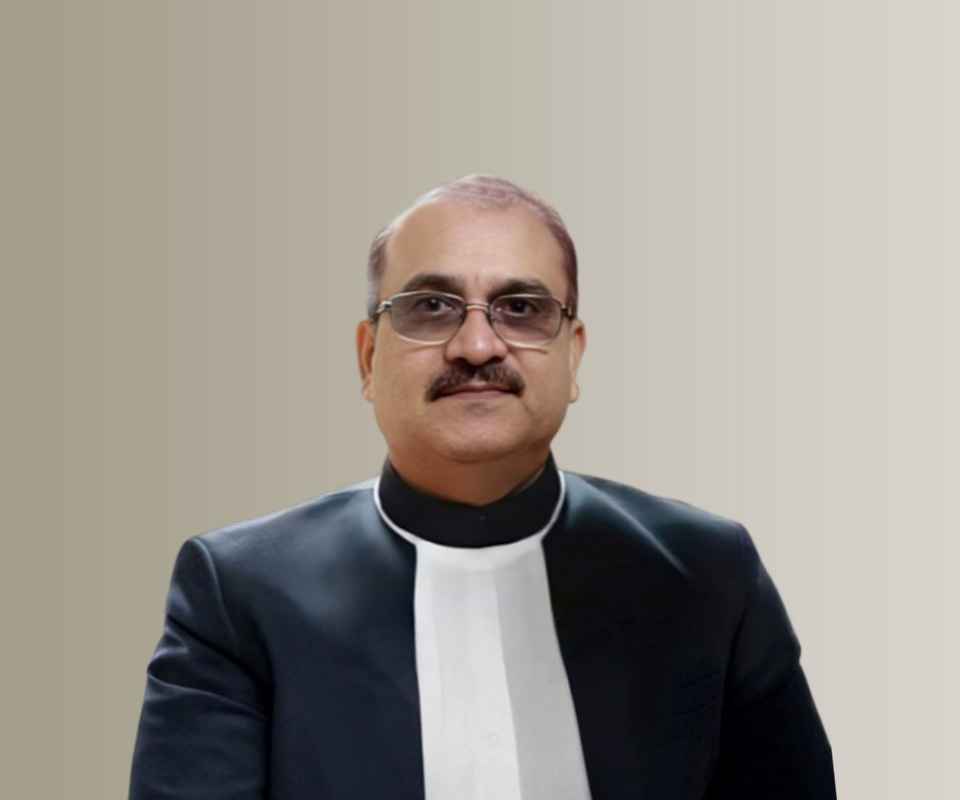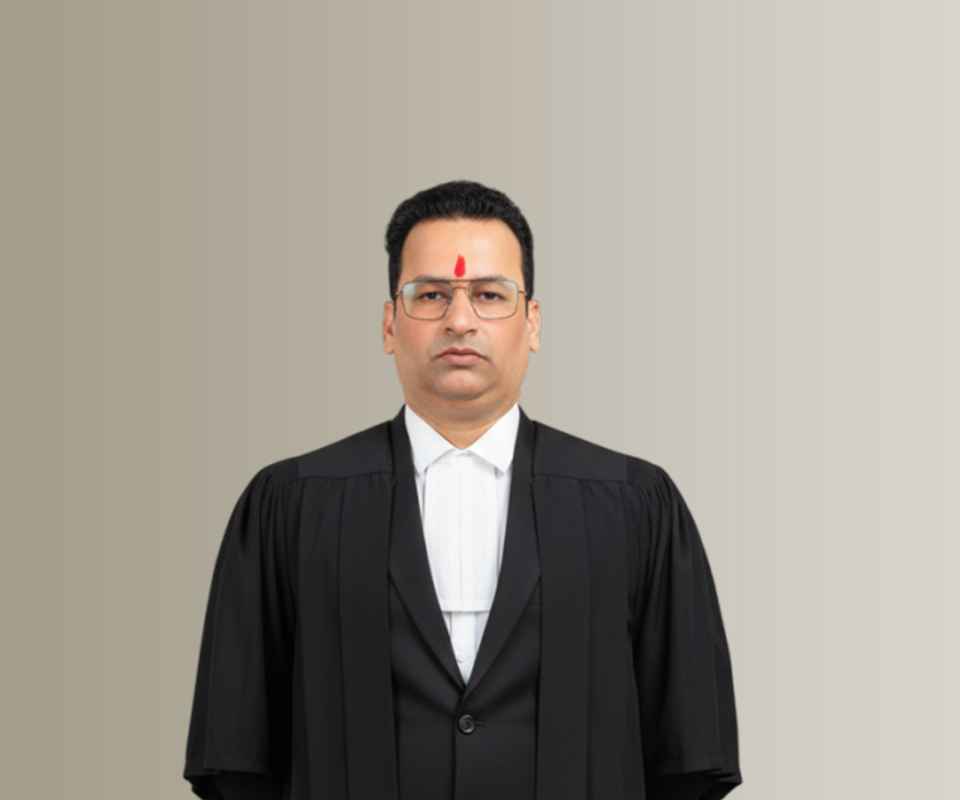Answer By law4u team
If a will is lost or destroyed, it can create significant complications in the probate process. The distribution of the deceased person’s estate may be delayed, and there may be legal challenges to determine the deceased’s final wishes. In many cases, the courts may need to reconstruct the lost will or determine the validity of a previous will.
Key Factors When a Will is Lost or Destroyed:
Intent of the Testator:
The primary concern when a will is lost or destroyed is determining the intent of the testator (the person who made the will). If there is evidence that the testator intended for the will to be their final testament, the court will work to honor that intent, as much as possible.
Presumption of Revocation:
If a will is lost or destroyed, there is a presumption that the testator intended to revoke the will, especially if the will was last in their possession or under their control. This can lead to the distribution of the estate according to the testator’s prior valid will (if one exists), or according to the laws of intestacy if no other valid will is found.
Reconstruction of the Will:
If the will is lost but its contents can be proven, the court may allow for the reconstruction of the will. This could involve testimony from witnesses, the existence of copies of the will, or other evidence that supports the provisions of the lost will. In such cases, the court may accept a reconstructed will as valid.
Lost Will and No Prior Will:
If no prior will exists and the lost will cannot be reconstructed, the estate will generally be distributed according to the state’s intestacy laws. Intestacy laws dictate how a person’s estate is divided when they die without a will, usually favoring close family members such as spouses, children, or parents.
Legal Considerations:
Probate Process:
When a will is lost or destroyed, the probate process can be complicated. The court may need to conduct a hearing to determine whether the will was intentionally revoked and to identify whether any other valid wills exist. The executor or interested parties must prove the contents of the lost will if possible.
Witness Testimony:
If a will is lost, it may be necessary to bring in witnesses who were present when the will was executed to testify about the terms of the will. If a copy of the will exists, it can also be presented to the court. Courts will often allow secondary evidence to establish the contents of the will, as long as it is credible.
Affidavit of Loss:
In some jurisdictions, the executor or interested parties may be required to file an affidavit of loss or a declaration stating that the will has been lost. This document helps initiate the probate process and provides information about the circumstances of the will’s disappearance.
No Evidence of Revocation:
If there is no evidence to suggest the testator intended to revoke the will (such as a signed revocation document or statements made by the testator), the court may presume the will was lost accidentally. In such cases, the court may proceed with probate based on the lost will’s provisions.
Legal Actions and Protections:
Petition to Probate a Lost Will:
If a will is lost or destroyed, the person who is seeking to have the will probated may file a petition with the court, asking it to accept the lost will as valid. This petition typically includes evidence of the will's contents, the circumstances of its loss, and whether the will was intentionally revoked.
Reconstructing a Will:
If a lost will’s contents can be reconstructed from evidence, the court may probate a copy of the will. The court may allow testimony from witnesses or family members who recall the terms of the will or provide copies, drafts, or notes written by the testator.
Consulting an Attorney:
If a will is lost or destroyed, it is essential to consult with an estate planning attorney. The attorney can guide the executor or beneficiaries through the legal process and help determine whether the lost will can be reconstructed or if intestacy laws will apply.
Example:
John created a will in 2015, leaving his estate to his children. In 2020, he updated the will, making changes to the distribution of his assets. Unfortunately, the 2020 will was lost in a house fire, and there is no copy of it. His children and siblings argue about the distribution of his estate. The court reviews the available evidence and testimony from those who witnessed the 2020 will, and it accepts a reconstructed version of the will, based on the recollections of the witnesses, as the valid will for probate.
What Happens if a Will Cannot Be Reconstructed?
If a will cannot be reconstructed and there is no other valid will, the estate will be distributed according to the laws of intestacy. This means the assets will be divided among the closest surviving relatives, such as the spouse, children, or parents of the deceased, according to state law.







